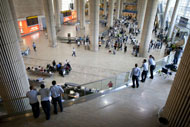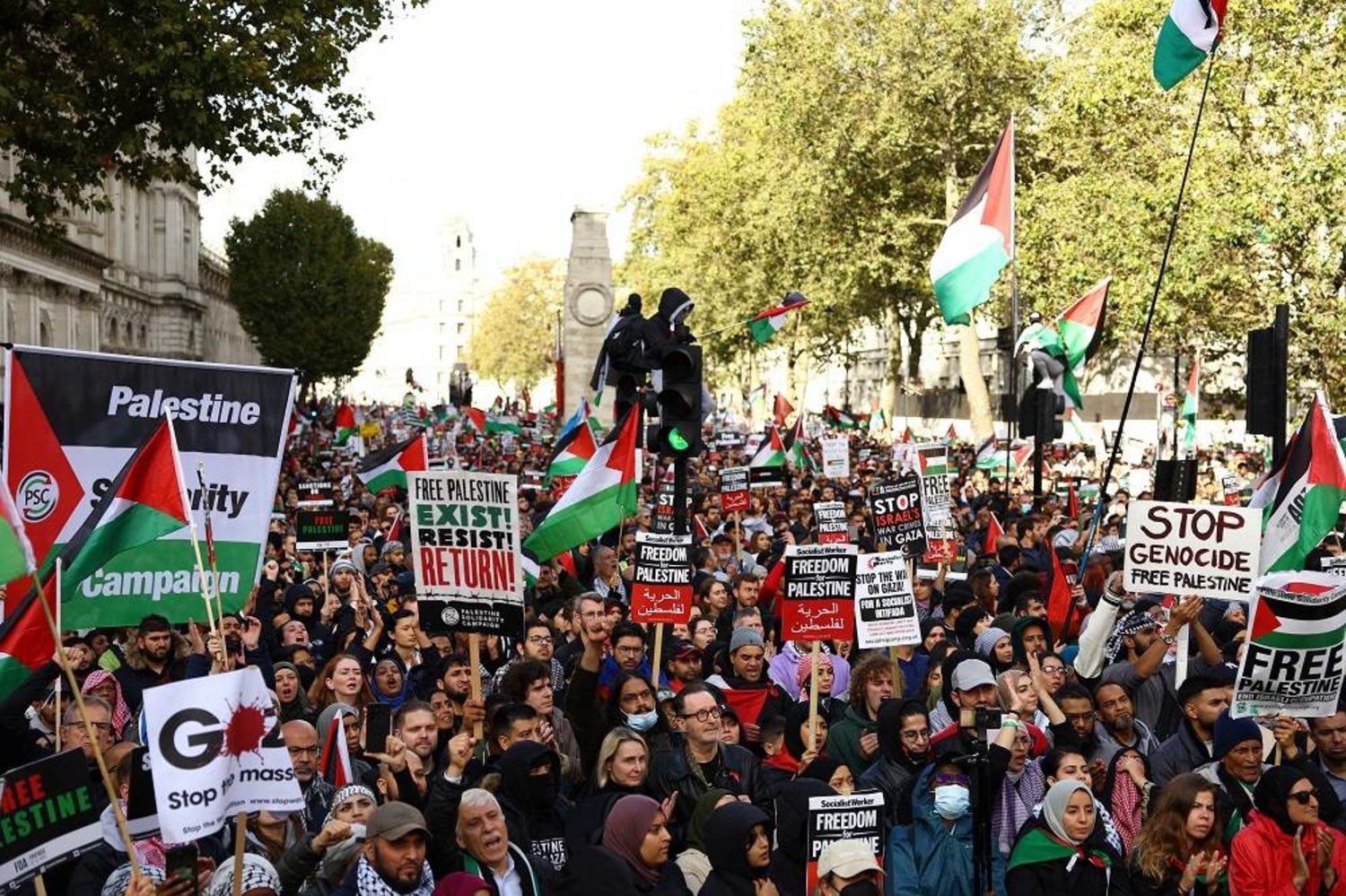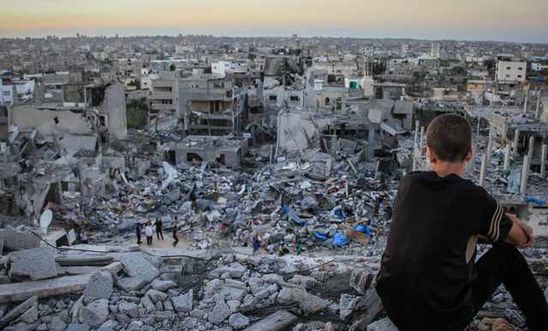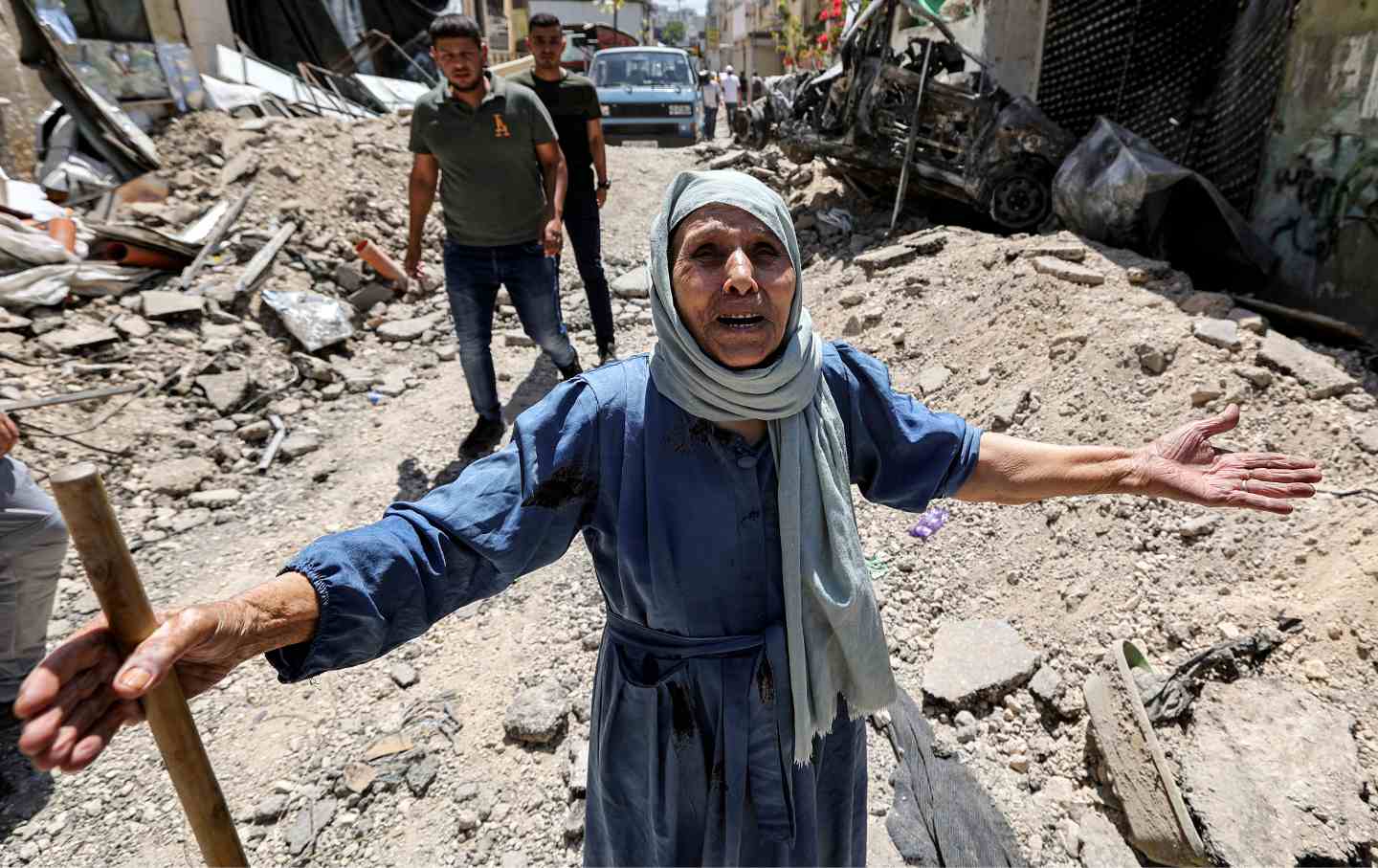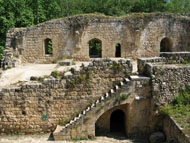
Israel has announced it would mull the idea of offering additional entry permits into Jerusalem over the Eid Al Adha, the Muslim’s most major holiday. It also said its decision would be contingent upon “security considerations”, that is, if Palestinians play good and don’t bother the occupation. Two months ago, during the Eid Al Fitr holiday, Israel granted thousands of West Bankers permits to enter Jerusalem and Israel as a “good will gesture” during the holidays and an additional 5,000 permits for Palestinian workers to seek jobs inside the Green Line.
Anyone less versed in the conflict would think Israel is a “gentle occupier”, compassionate with the hardships of the people it occupies and finding ways to make their lives easier. When Israel announced it was “easing measures” at the Qalandiya checkpoint, Palestinians who forgot the bigger picture sighed a sigh of relief. And those who got the coveted permit to enter Israel smiled inside, picturing their stroll through Jerusalem, a leisure they had not enjoyed for years.
Unfortunately, if the situation plays out like the last time Israel “offered its kindness” to the Palestinians, West Bankers thirsty for a bit of normalcy or better yet, for big shopping malls, will flock to west Jerusalem and load up on Israeli goods. It will be Israel who benefits from its own “goodwill gesture” more than this being any kind of philanthropic move on its part. Last time, Israel’s Jerusalem malls and beachside restaurants in Tel Aviv made a small fortune from Palestinian vacationers who flocked to the tourist sites they thought they would never see.
The saddest part of this is to sense the gratitude some Palestinians feel when they get these permits or pass through Qalandiya without having to open the trunk of their car. This is no doubt a natural reaction in any normal circumstance: you thank those who make things easier for you. But in the case of Israel, no “thank you” is required.
Once we take a step back and look at the bigger picture, Israel’s objectives are disturbingly clear. At the Qalandiya checkpoint, the purpose of making the checkpoint a bit “easier” [which is applied haphazardly at best] is not out the kindness of Israel’s heart but a way to neutralize those who must endure it day in and day out. Most Palestinians will remember that, 15 years ago, there was no such thing as a Qalandiya checkpoint. Israel has made sure this is a new reality on the ground and a permanent fixture on the Palestinian landscape. It is a constant reminder that Jerusalem is off limits and will never be part of a Palestinian state if Israel can help it.
So, when drivers pull up to the Israeli soldier manning the checkpoint, or walk through its metal bars, the last thing that should be on their lips is “thank you. If it were not for Israel’s occupation and all of the violations and illegalities that come along with it, the checkpoint would not be there at all. It is the Palestinians’ right to go from Ramallah to Jerusalem and the occupation has deprived us of that right. So, when we are able to cross, by all means take the opportunity. But Israel deserves no thanks for giving us something that is rightfully ours in the first place.
On this Eid, if they can, Palestinians should visit Jerusalem and go to the beach. Every Palestinian has a right to smell the Mediterranean from the beautiful shores of Jaffa or to walk the alleyways of the Old City. But remember, Israel does not offer permits or ease restrictions at checkpoints because they love us. It is to ease them into accepting isolation of Jerusalem as a given and have us thank them for allowing us into their malls and their beachside restaurants.
There is nothing wrong with taking advantage of an opportunity that arises. But instead of plumping up Israel’s economy by spending loads of money in Israel’s malls, we should all take that opportunity to appreciate the Palestine that was stolen from us and which will forever be in our hearts.
Joharah Baker is a Writer for the Media and Information Department at the Palestinian Initiative for the Promotion of Global Dialogue and Democracy (MIFTAH). She can be contacted at mid@miftah.org.




